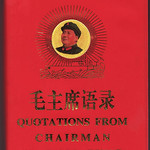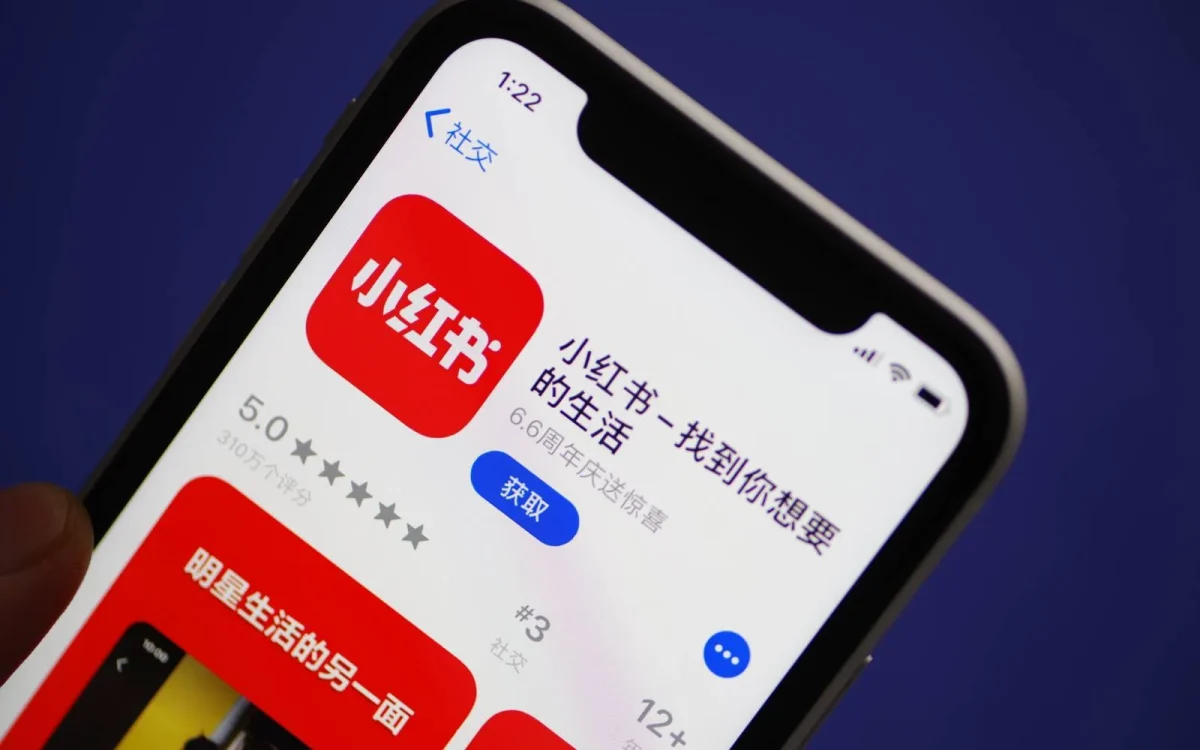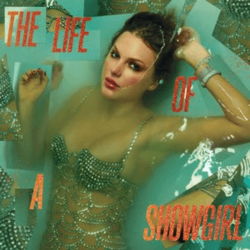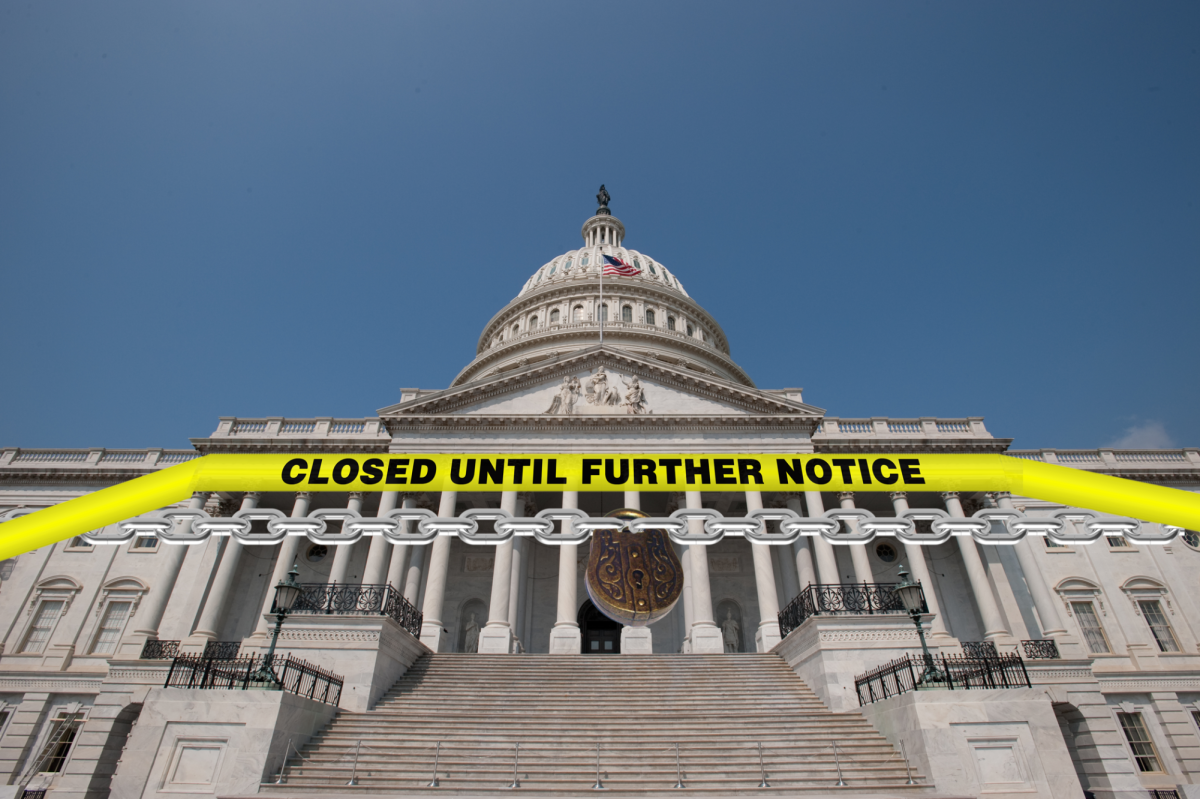TikTok was set to face a nationwide ban last Sunday, January 19th. However, following the TikTok “blackout” that evening, US servers have since been restored. Although the ban has not been completely overturned, an executive order has been enacted to delay the ban. Under this order, ByteDance (the Chinese company that owns TikTok) now has a 75-day extension to sell the app.
In the wake of TikTok’s unpredictable future, many US citizens have turned to possible alternatives. The most popular of these is Rednote.
This app is similar to Pinterest, Instagram, and of course, TikTok, allowing users to share/post photos and videos, as well as offering shopping features. American Rednore users, dubbed “TikTok refugees” have praised the site for welcoming them and allowing for cultural exchange and connection with their supposed “Chinese Spies.”

While Rednote has facilitated beneficial cross-cultural exchange, there’s more to this digital migration than meets the eye. Tiktok was facing a ban due to concerns over national security, given the tense relationship between China and the US. The irony of Americans flooding to Rednote, an app run entirely by China, has not gone unnoticed by experts. Although the app hasn’t overtly displayed any political affiliation, the name alone suggests the possibility. The name “Rednote” is a translation from the Chinese word, Xiaohongshu, which translates to “Little Red Book.” This book is a real text, referring to a collection of quotes from Chinese communist leader Mao Zedong.

That being said, the issue of free speech is heavily connected to the surge in Rednote users. Elsie Ehrenberg, a new RedNote user, points out that “As much as we believe that’s what we have here in the U.S., it starts to feel less and less like that every day. I feel like it [RedNote] is the same as any other app. As long as you use it wisely and don’t disclose personal information you should be fine.”
It’s arguable that the TikTok ban violates the First Amendment right of free speech. Like other forms of social media, TikTok is a space that unites people through common interests and experiences. This platform allows people to openly voice their opinions, and bring attention to topics that resonate closely with others. For many people, TikTok is more than just an app, it’s a place where they can connect and feel seen.
Banning this app eliminates this online safe space shared by countless users. It is this pursuit that brought many Americans to Rednote in the first place.
However, despite its appeal, RedNote is not a domain of free speech. The app itself is heavily censored especially concerning politics (this includes any criticism of the Chinese government or leader Xi Jinping), the LGBTQ community, or “revealing” clothes (sometimes even crop tops or fitness/workout content). With this being said, RedNote isn’t for everyone. “I didn’t have TikTok for long so I don’t feel the need to use it,” says Zaineb Zafar, a student who doesn’t feel the need to participate in the digital migration.
It’s important to keep in mind that the good things about Rednote and TikTok, the laughs, the comfort, and the connections, stem from the people we interact with. So no, the person you met on RedNote isn’t a “Chinese Spy.” Although the concern with RedNote is the government, not everyday citizens and influencers, the reality is that neither of these can exist independently.














